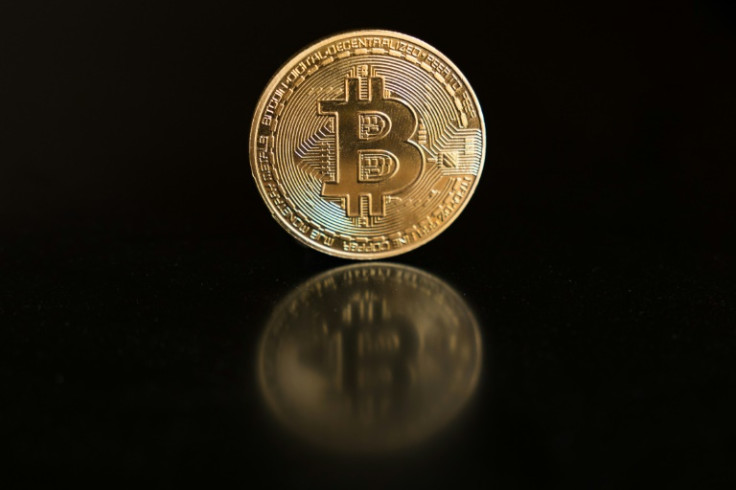
KEY POINTS
- Thiel said US $BTC holders may get 'locked out' of transacting their coins if the country doesn't have enough on-shore mining
- Russia reportedly mined $3 billion worth of $BTC last year, raising concerns about its rising dominance
- Russia is also working with Iran on potential cross-border transactions using digital assets and CBDCs
Bitcoin, the world's largest cryptocurrency by market value and the most popular digital asset out there, has reached a point where it is now a "national security concern," at least according to Fred Thiel, the CEO of Bitcoin mining giant Marathon Digital.
The digital currency has reached far and wide, and adoption has only grown substantially in recent months, thanks to the approval of spot BTC exchange-traded funds (ETFs). But, how far has it gone and how high has it flown to become an issue in the sense of national security?
All Eyes On Russia
During the HC Wainwright & Co. event Tuesday at the Lotte New York Palace Hotel, a group of crypto executives joined the Bitcoin Mining Panel moderated by Anthony Scaramucci to discuss the future of the industry and the world's first decentralized digital asset.
Thiel noted how "Bitcoin is a national security concern for this country [U.S.]." He noted how Russia has become the world's second-largest BTC miner. "If the U.S. does not have a substantial amount of Bitcoin mining on-shore, they can be locked out, and U.S. companies can be locked out of transacting their Bitcoin," he warned.
He further reiterated that "strategic ownership of block space is of national security concern" since Russia is fast catching up.
The BTC mining chief previously posted about Bitcoin being a matter of national security concern, citing a recent report by local Izvestia. According to the report, Sergey Bezdelov, Director of Russia's Industrial Mining Association, said a total of 54,000 Bitcoins worth some $3 billion were mined by Russia-based miners in 2023.
The report further noted that the said mining activity earned the Russian government around 50 billion rubles ($556 million) from taxes.
On Tuesday's panel, Thiel further insisted that the U.S. "must maintain a dominance, not just in Bitcoin mining, but also in the holding of Bitcoin assets in U.S. companies."
Is the Russian Bull Run in Sight?
Thiel's warning and urgency call came days after the country led by President Vladimir Putin unveiled plans to use crypto for international transactions amid mounting economic sanctions over its invasion of Ukraine.
Russian Finance Minister Anton Siluanov said in mid-August that authorities "are seeking ways to legalize cryptocurrency exchanges." Observers have said it's not just a copy-cat move as more countries like El Salvador embrace Bitcoin and crypto.
Instead, Russia is jumping into the crypto bandwagon so it can mitigate the consequences of sanctions while also allowing it to take part in a global revolution set to transform traditional financial systems.
Russia's Exploration of Digital Options
Russia isn't alone in its efforts to address challenges posed by sanctions that are starting to bite the local economy. In May, an Iranian official revealed that Iran and Russia were exploring potential central bank digital currency (CBDC) and digital financial asset (DFA) use cases for cross-border transactions.
Like Russia, Iran is also faced with a long list of sanctions from around the world. Iran has its own crypto rial, while Russia has a digital ruble. It remains to be seen whether the sanctioned nations' plans will work out.
The U.S., meanwhile, is still a Bitcoin mining leader. On the other hand, other nations are also becoming melting pots for miners due to less stringent regulations and cheaper power costs.







